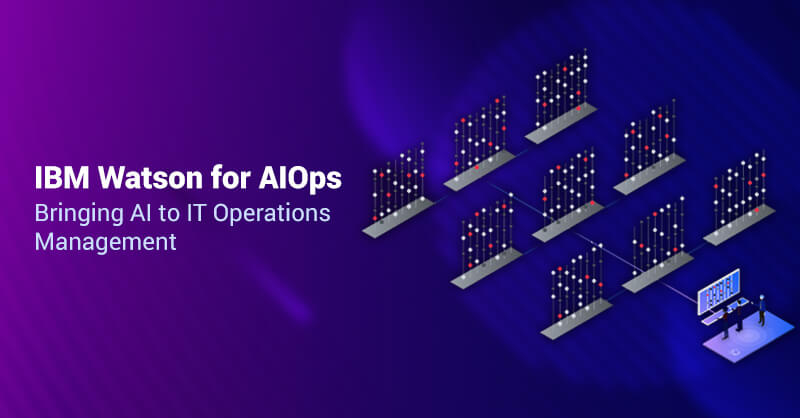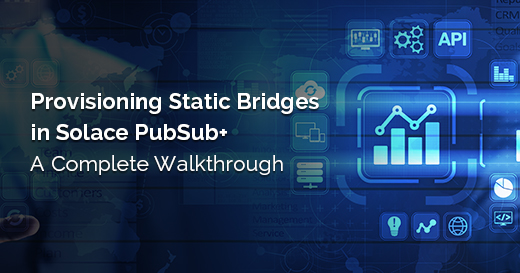Drive Self-Service with MuleSoft AnyPoint Platform
Written by Harini Krish
Lead Technical Content Writer
IT Giants Say Integration Needs to Increase Beyond IT to A Wide Range of Businesses
This digital transformation journey has transformed the way that businesses function with their API systems. They are no longer leveraged internally, and they are exposed to traffic on a larger scale, allowing external access and contributing to the API economy.
Therefore, IT companies are working to build more powerful APIs, allowing software stacks to communicate with each other. This change is letting a remote workforce accomplish more of its IT-enabled work while keeping up with the best, safest practices of the industry.
The unlocking of information and capabilities trapped in legacy systems allows organizations to become software-driven. In contrast, employees become digitally independent, have access to data, and can self-serve to go further, faster on their own.
Companies like Uber and Lyft could sidestep the lengthy steps required to read their map or payment systems instead of picking to leverage open APIs from places like Google and Stripe.
Software Driven Is Not Code Driven
If a digital transformation is essential, does this mean that every head of a company now must become code literate?
As businesses embrace newer systems, IT companies can create integrations that modernize business processes independently, with little to no programming. The full agility of completing integrations is being unleashed as companies adopt reusable APIs. The effort that goes into integrating two apps does not go waste. When the team creates an API, it can be reused again for a new API with similar functionality.
API platforms take the work of repetitive coding out of the combination with pre-built templates and put it together visually. As a replacement for using the code, the drag and drop features cover most use cases that IT departments will encounter.
Non-technical teams can see dependencies and hierarchies in a visual chart that makes innate sense. If any breaks happen, the team can quickly assess where it happened and how that will disturb their platform.
API platforms allow IT to choose various levels of permissions and security access for each team member. They need not develop specific APIs to address each person’s needs. Automated defenses make sure companies are compliant with the latest security procedures.
Royal Cyber with MuleSoft is paving the way for organizations to become more software-driven by keeping the centralized data produced more secure while still allowing access to tools. If you would like to know how you can leverage MuleSoft API-led integration and Anypoint Platform to drive self-service, our Royal Cyber team of MuleSoft experts can help. Keep exploring more insights on MuleSoft.



